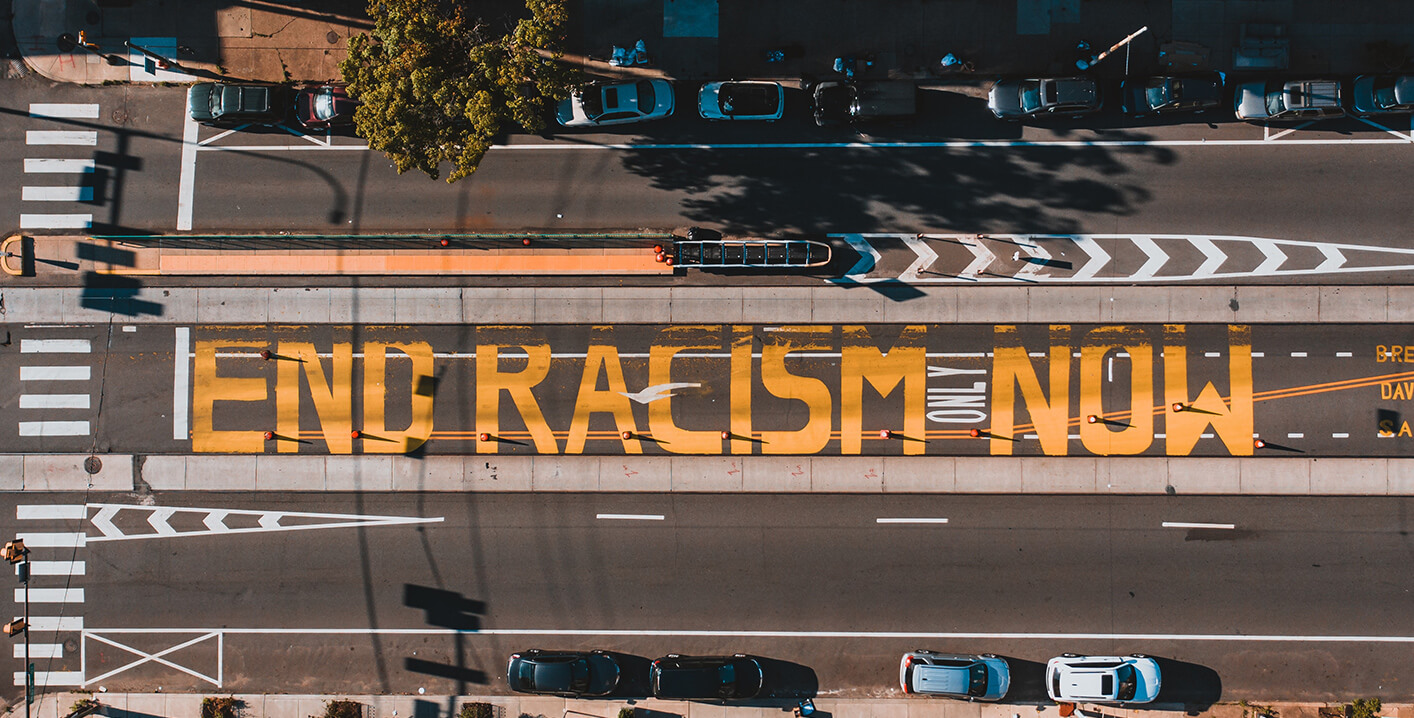Anti-Racism
Anti-racism: What it is and how people and organizations can support it

What is anti-racism?
Anti-racism is “the active process of naming and confronting racism by changing systems, organizational structures, policies and practices, and attitudes, so that power is redistributed and shared equitably” (Advancing Health Equity: A Guide to Language, Narrative, and Concepts).
- Anti-racism is more than simply not being racist; it is an action-based commitment that requires constant work in calling out and addressing racism wherever it is seen.
- Watch this video for an overview of anti-racism:
What Does it Mean to be Anti-Racist?
Individuals and organizations can work to become anti-racist.
Below we lay out some steps that people can take independently and that teams can do to transform their organizations.
Anti-racism for individuals

What can I do to be anti-racist?
- Learn about how racism affects the lived experience of Black, Indigenous, and people of color (BIPOC).
- Become aware of the systemic nature of racism.
- Understand how people often unknowingly participate in racism.
- Example: White privilege
Here are some resources to learn more:
Articles and Resource Lists:
- What is Anti-racism? – Learn more about what anti-racism is and related topics.
- UW’s Anti-racism Resources for White Individuals and Communities – The University of Washington’s resource page for educating yourself, reflecting on, and taking action against racism.
- CARED’s Anti-racism Learning Actions – A list of learning actions that can be used by individuals or within your community to expand your understanding of anti-racism.
- UNC Chapel Hill’s Anti-racism Resources – Anti-racism resources including articles, videos, podcasts, books, webpages, films, organizations, and more.
- Creative Equity Toolkit, section on Anti-racism Education and Resources – Various resources compiled to help with self-education on anti-racism.
Videos and Podcasts:
- How Racism Makes Us Sick (TED Talk) – David R. Williams, a renowned sociologist and professor at Harvard University, created a scale to measure the impact of discrimination on well-being. He talks about the impact of racism on people of color and ways that we can work to dismantle it.
- The Urgency of Intersectionality (TED Talk video) – Kimberlé Crenshaw, a pioneer in critical race theory, talks about how when race and gender bias combine, they can create even more harm.
- Brené Brown with Ibram X. Kendi on How to Be an Antiracist (podcast) – Brené Brown talks to Dr. Kendi, an author and director of the Antiracist Research and Policy Center at American University, about racism in the United States.
Anti-racism for organizations
Being an anti-racist organization means:
- Centering and amplifying the voices of people with lived experience. Learning from people with lived experience. Honoring the intrinsic value of all people.
- Committing to equity-based leadership. Acknowledging the impacts of racism and systemic inequality. Working to dismantle racism and privilege in policies, procedures, and practices.
- Understanding how systems have harmed historically marginalized communities. Committing to structural reforms that repair the harm done and prevent further harm.
- Prioritize the hiring, development, promotion, and retention of Black, Indigenous, and people of color (BIPOC). Focus on providing support to BIPOC communities and uplifting interventions and innovations designed by BIPOC.
For more information on these principles and strategies for implementation, see Principles of an Anti-Racist, Trauma-Informed Organization by National Child Traumatic Stress Network (NCTSN).

Use the resources below to learn about and practice anti-racism at an organizational level:
- Incorporating Racial Equity into Trauma-Informed Care (written by Danica Richards of the Center for Health Care Strategies)
- Creative Equity Toolkit Section on Organizational Culture
- How to Promote Diversity, Equity, Inclusion, & Belonging in the Workplace (written by Saheed Hassan)
Videos/Podcasts:
- Creating Psychological Safety in the Workplace (Podcast via Harvard Business Review) – Amy Edmondson
- How to Get Serious About Diversity and Inclusion in the Workplace (TED Talk video) – Janet Stovall
- Combating Racism and Place-ism in Medicine (TED Talk video) – Dr. J. Nwando Olayiwola
